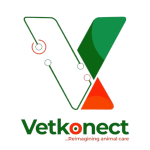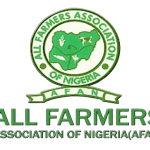Challenge We’re Tackling
Chick Transport Challenges in Nigeria
Women makeup 43% of the agricultural workforce in developing countries and giving them equal access to resources could boost yields by 20–30% (FAO, The State of Food and Agriculture, 2011).
Chick Transport Challenges in Nigeria
Over 95% of chicks used by Nigerian small holders are transported from centralized hatcheries in urban areas, causing poor quality, inflated costs, and up to 60% mortality due to transport stress (FAO & World Organization for Animal Health– WOAH, 2022).
Transport & Climate Impact
Long-distance poultry transport also contributes to climate change. Transport accounts for roughly 15% of global greenhouse gas emissions, with road freight being a major source (IPCC, 2022). Reducing chick transport distances lowers both animal losses and harmful emissions.
Sustainable Hatchery Solution
Our solar, briquette, and biogas-powered hatchery model achieves up to 95% hatch rates, 85% average in field conditions, and 40% lower losses compared to traditional systems while cutting transport-related mortality and emissions
Ways You Can Partner With Us
Co-develop or distribute our clean energy agricultural technologies.
Sponsor training programs for targeted communities.
Provide market access for farmers’ produce.
Share research, policy insights, or technical expertise
Why Work With J-Vincent
We believe partnerships should be simple, transparent, and impactful. Here’s why organizations choose to work with us
- Proven, data-backed results.
- Affordable, lasting, and inclusive solutions
- Flexible partnership models to fit your goals

Our Trusted Partners





